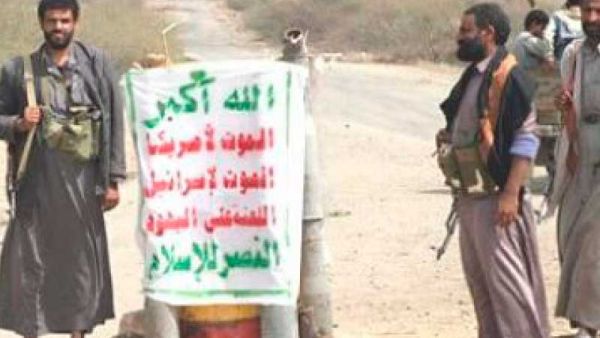A short-lived ceasefire in northern Yemen ended Tuesday after renewed sectarian fighting erupted between Shiite Houthi rebels and Sunni Islamists, according to Agence France-Presse.
The fighting between the two groups took place in Yemen's Saada province, notorious for its sectarian divides and its inaccessibility to reporters.
According to the report, it is not clear which party broke the ceasefire. The Houthis accused foreign Salafist extremists from the village of Dammaj for violating the truce, while the Salafists accused the Houthis for the same offense. Sourur al-Wadii told reporters via telephone from Dammaj that "the truce lasted only two hours, due to the Houthis' intransigence."
The short-lived ceasefire was announced Monday by UN special envoy to Yemen, Jamal Benomar, following fatal clashes between the two sides in Dammaj last week. The Houthis besieged the city, accusing the Sunni extremists of having "transformed the centre of Dammaj into a real barracks for thousands of armed foreigners." Fighting between the two sides predominantly occurred around the Mazraa mosque and a Koranic school in the city. Local sources say that at least 11 people were killed from the fighting, but the Salafists says that the death toll was closer to 50.
On behalf of the UN, Benomar stated that the Saada province conflict "threatens the security of [all of] Yemen."
The Houthis are members of the Zaidi Shiite community who has been fighting with Yemen's central government for nearly ten years, and was one of the main groups who led the uprisings in 2004 that ousted former president Ali Abdullah Saleh.








